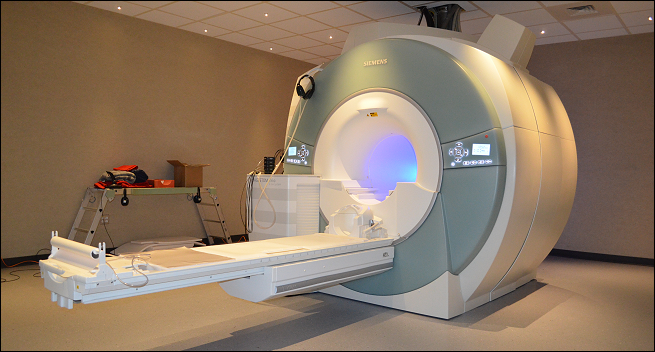“Treat the patient, not the numbers” is a mantra we all learned in medical school. I see my medical students chase down every symptom trying to find the cause. Yet, all too often, a doctor will get a test result back that is normal and reassure a patient that there is nothing wrong. But, the patient still has the symptoms and all is no right for them.
A negative study can reassure us that a whole host of nasty illnesses are not present. But, we should not stop there. If a patient has a symptom, we should find a reason or refer the patient to someone who may have an answer. The reason may not be physical but rather more a mental one, such as anxiety or depression presenting as a physical complaint. These are diseases as well and there is treatment to ease it.
The answer doesn’t mean doing a whole array of useless tests. We all need to be more conscious of containing costs in our current healthcare system. It does mean listening to our patients and perhaps spending more time with them. A headache with normal MRI results is not just the absence of a brain tumor. It can be lack of sleep from excessive worry over a sick child or stress over a new boss at work. Palpitations with a normal Holter monitor is not just the absence of a dysthymia but can indicate a panic attack or just a new-found caffeine habit.
It is not good enough just to tell the patient there is nothing wrong because the test was normal. For the patient suffering symptoms, there is something very wrong and they want to know what that is. Many of these may not need any further treatment other than just identifying what the problem is. Often, the patient won’t know either until they start talking about it.
Our current healthcare system is driven by numbers. Doctors must see so many patients to be profitable. Patients must meet certain metrics on their test results to be deemed as having a clinically good outcome. Yes, these test results are very important in treating patients and optimizing clinical outcomes. But, when we turn the whole patient into these data results, we miss many clinical indicators that something is wrong.
What to do when the test result is alright but the patient is not?
- Listen! Often the patient will give us the answer if we open our ears long enough. The patient may not realize they are giving the answer but it is there.
- Think outside the box. Are there other diseases that may explain the patient’s symptoms? Perhaps, there is a rare disease that may explain what the patient is experiencing. Before we close the book on the patient, make sure all causes have been considered. This does not mean ordering every possible test, just those that are reasonable. Not every patient with back pain needs an MRI.
- Ask the patient! We need to know what is bothering the patient the most. We should never assume. A patient may have a headache and we give them medication that causes gastritis when the headache was not very bothersome. We need to know what our patients want.
- Seek help! If we don’t have the answer, and no one should expect us to have all the answers, refer the patient to a specialist. Sometimes just having another evaluation opens up doors to things not previously considered.
- Don’t give up! It is very easy to tell a patient all the results are negative and there is nothing wrong with them. But, if a patient came to us with a specific complaint and we didn’t fix it, we didn’t really help them very much. Again, we do not order every test available. But, we listen and then listen some more. Maybe we need to bring the patient back every week to just keep listening. The patient may get better just because they had enough of us. It is never appropriate to tell the patient there is nothing wrong and then just send them out the door without any explanation. In fact, there may be nothing wrong but that is the time the patient needs us to help figure this out. I imagine as a patient there is anything more discouraging than to seek help from a doctor who fails to diagnose a symptom and then brushes it off without listening.
Doctors are human just like everyone else. Perhaps, we are more often reminded of each person’s humanity with all the life and death struggles we bear witness to. The best approach is when doctors and patients respect each other’s humanity.
Photo credit: University of Maryland, http://www.mnc.umd.edu/facilities/mri
 Copyright secured by Digiprove © 2017 Linda Girgis, MD, FAAFP
Copyright secured by Digiprove © 2017 Linda Girgis, MD, FAAFP



Hi LMG! Nice job on the blog, I like it!
Airedoc
Thanks!